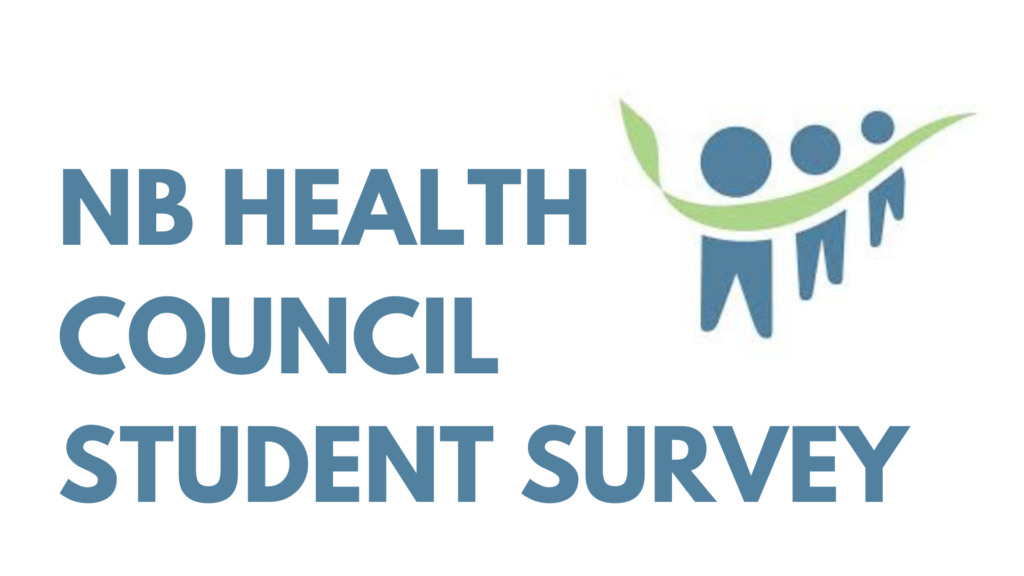In a recent interview with the New Brunswick Health Council (NBHC), Stéphane Robichaud, the Chief Executive Officer, emphasized the pressing concerns surrounding youth mental health and the potential role of social media in easing these challenges.
As Robichaud stated, “Youth mental health has been trending in the wrong direction for close to a decade, and some demographic groups are particularly vulnerable. Although this situation is complex and multifactorial, social media use, which is very common among youth, may be feeding the overall problem.”
Understanding the Landscape
Robichaud highlighted the findings from the New Brunswick Student Wellness Survey, indicating a decline in youth’s ability to adapt to challenges and a steady rise in the percentage of youth struggling with mental health.
Notably, he drew attention to specific demographics, stating that “youth who identify as non-binary and those with a 2SLGBTQIA+ status report lower resilience and worse mental health compared to their peers.”
To gain insight into the specific patterns of social media use, Robichaud directs stakeholders to a valuable resource: an infographic and a dedicated indicator. According to him, these tools allow parents, educators, and communities to see the results for different demographics. This understanding is crucial for developing effective strategies to address the impact of social media on youth mental health.
Taking Action: Mitigating the Impact
Robichaud provided proactive steps for parents, schools, and communities, to tackle a situation that is “complex and multifactorial”.
- Educate and Communicate:
- Robichaud advises that parents and educators should “actively engage with youth in open conversations about responsible social media use.”
- Schools, according to him, can play a role by integrating digital literacy programs to educate students about the potential impact of social media on mental health.
- Set Healthy Boundaries:
- Encouraging a balanced lifestyle is essential, with Robichaud recommending that stakeholders “set limits on screen time and promote offline activities.”
- Promote Positive Online Spaces:
- Communities can take an active role in creating positive online environments, by encouraging the development of supportive online communities.
- Digital Well-being Initiatives:
- Schools can implement digital well-being initiatives, focusing on “building resilience and coping mechanisms.”
- Parental Controls and Monitoring:
- Robichaud recommends that parents “utilize parental control tools to monitor and manage their child’s online activities.”
- Seek Professional Guidance:
- In addressing mental health concerns, Robichaud advises stakeholders to seek guidance from mental health professionals, counselors, or therapists who specialize in youth issues.
More information about the survey can be gotten on the NBHC website.




